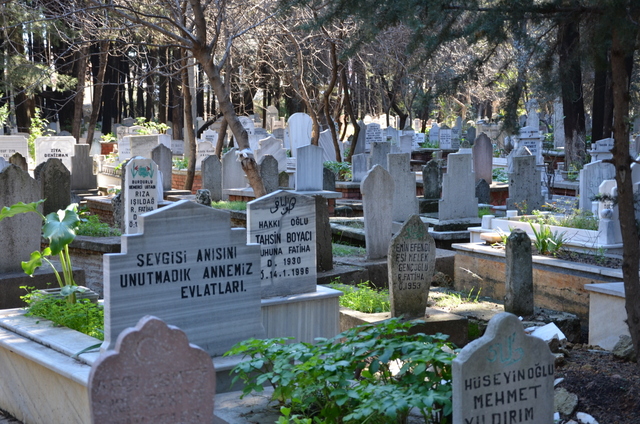Aygün v. Belgium, No. 28336/12, ECtHR (Third Section), 8 November 2022

This judgment focuses on a specific manifestation of the right to religious freedom, which is directly linked to the right, guaranteed by Article 8 ECHR, to respect for private and family life: this is the right to the practice of worship, especially the worship of the dead, of which the Strasbourg judges have found a violation, in the case brought to their attention by two Belgian citizens.
In the present case, the plaintiffs complained about the failure to transfer to their home country of Turkey the bodies of their two sons, who had been victims of murder. Despite the request of the parents, who wished to bury them in the family grave and in deference to their Islamic religious traditions, the Belgian authorities had denied this possibility, claiming the need for the bodies to remain in Belgium for investigation and, later, trial requirements. On the other hand, they pointed out, the couple could have proceeded with the burial of their sons in Belgium as well, making use of one of the Muslim cemeteries there.
Having exhausted domestic judicial remedies, the parents then turned to the EDU Court, which found violations of Articles 8 and 9 of the Convention, which guarantee, respectively, the right to respect for private and family life and freedom of thought, conscience and religion. Specifically, the Strasbourg judges, after noting that the denial by the Belgian authorities had as its essential purpose the protection of the defendants' right of defense in the proceedings for the murder of the two deceased men, carried out a necessary balancing act between the guarantee of due process and the rights protected by Articles 8 and 9 of the ECHR.
The Court made it clear that it had no reason to doubt the necessity of the Belgian authorities' initial decision; however, it emphasized that in order to be compatible with ECHR guarantees, any interference must continue to be justified for as long as it exists (i.e., in the present case, for the entire duration of the investigation), as the need for interference is likely to diminish or cease to exist with the passage of time. The plaintiffs, in the present case, had had no remedy available to them to have the necessity of the initial refusal re-evaluated by the investigating judge in light of the progress of the investigation; all their attempts to obtain a review of the latter's decision had been unsuccessful. Moreover, the government had not made clear the possibility that domestic law offered a remedy capable of getting the plaintiffs a reassessment of the necessity of the interference arising from the investigating judge's initial decision.
Likewise, the plaintiffs had not had the opportunity to request that the autopsy report, which was not yet available at the time of the investigating judge's initial decision, be considered. Moreover, there had been no obligation for the investigating judge to re-evaluate the necessity of his initial decision even when, as in the present case, the investigation had lasted for a long period of time. Finally, when the plaintiffs had made a new application to the investigating judge for the release of their sons' bodies, they had received no response.
In sum, the Court found that, because of the plaintiffs' inability to obtain a review of the necessity of the measure in question, taken at the initial stage of an investigation that had lasted about two and a half years, the domestic courts had been prevented from examining the need for continued interference with the plaintiffs' rights protected by Articles 8 and 9 of the Convention. There was thus a violation of these two articles.
(Comment by Alessandro Negri)

